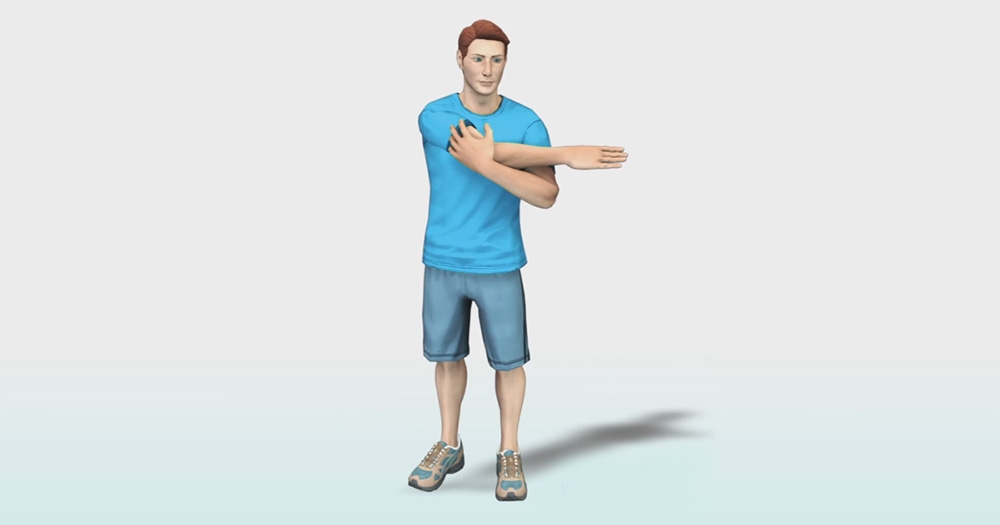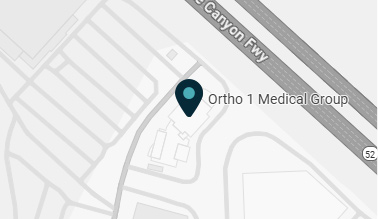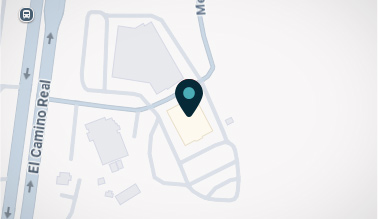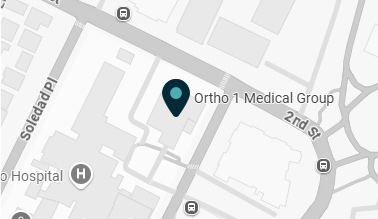When you’ve suffered a shoulder injury or damage to this key joint, shoulder surgery, also called shoulder arthroscopy, can be a key step towards relieving pain and improving joint functionality. For some people, however, frozen shoulder after surgery is a complication that can develop.
This condition, called adhesive capsulitis, is characterized by the inflammation and tightening in the joint capsule, causing the formation of joint tissues. As a result, you experience stiffness, discomfort, and a limited range of motion in the shoulder joint.
You can develop a frozen shoulder without surgery, but your risk increases after shoulder arthroscopy. This is because of the immobilization and limited joint use during your recovery period.
At Ortho 1 Medical Group in San Diego, La Jolla, Chula Vista, and Coronado, California, our board-certified orthopedic surgeons help prepare you so that after shoulder surgery, your risk of frozen shoulder is lower. Here’s a look at some steps you can take to prevent this painful condition.
1. Start moving your joint as soon as possible
To prevent frozen shoulder after surgery, be sure to start moving your joint as soon as possible. By engaging in gentle exercises and range-of-motion activities, as directed by your Ortho 1 Medical Group provider, you can work to prevent the formation of scar tissue.
This helps keep your joint mobile and promotes the maintenance of joint flexibility. By gradually increasing the intensity and duration of these movements (under medical supervision), you can work to prevent frozen shoulder while promoting a faster recovery!
2. Take part in physical therapy
After shoulder arthroscopy, your Ortho 1 Medical Group provider will probably prescribe physical therapy. Your physical therapist plays a key role in helping you prevent frozen shoulder after surgery.
They can design a personalized rehabilitation program that includes targeted exercises to improve strength, flexibility, and range of motion in the shoulder joint. Taking part in your physical therapy sessions helps you regain shoulder function while minimizing the risk of developing frozen shoulder.
3. Go slowly as you recover
You want to be sure that you don’t rush your recovery process. Gradual progression is key to preventing frozen shoulder after surgery. Be sure to give your body enough time to heal the surgical incisions and affected tissues.
By gradually increasing the intensity, duration, and complexity of exercises and activities you engage in, you minimize the risk of complications, like frozen shoulder.
4. Pay attention to pain management
Effectively managing your pain after surgery can help prevent the development of frozen shoulder. This is because pain discourages movement and contributes to stiffness in the joint.
Follow the prescribed pain management plan provided by your Ortho 1 Medical Group provider to ensure you have adequate pain relief. This helps you engage in therapeutic exercises and activities, promoting better joint mobility and reducing your risk of frozen shoulder.
5. Consider complementary regenerative strategies
Your Ortho 1 Medical Group provider may also recommend complementary regenerative medicine strategies, such as platelet-rich plasma (PRP) therapy, to help minimize your chances of getting frozen shoulder after surgery.
This cutting-edge treatment option is derived from your own blood and contains a high concentration of platelets, growth factors, and other regenerative components. When injected into the shoulder joint, PRP promotes tissue healing, reduces inflammation, and stimulates the growth of new cells.
6. Keep all post-surgery appointments
When you have shoulder arthroscopy, you will have regular follow-up appointments with your surgeon.These post-surgery appointments are vital for monitoring your progress, assessing the healing process, and identifying any potential issues early on.
During these follow-up visits, your Ortho 1 Medical Group provider examines your shoulder, assesses its range of motion, and evaluates your overall recovery checking for signs of frozen shoulder. If you’re struggling, they may order imaging tests, such as X-rays or MRI scans, to get a more detailed picture of the healing progress.
Be sure to keep these appointments as they offer a way for your provider to make adjustments to your recovery plan as soon as the first signs of frozen shoulder appear. Your provider also takes into account your personal history to give you a tailored list of recommendations to keep your recovery on track.
For personalized help preventing frozen shoulder after surgery, schedule a consultation online or over the phone today with an orthopedic provider at Ortho 1 Medical Group.





















